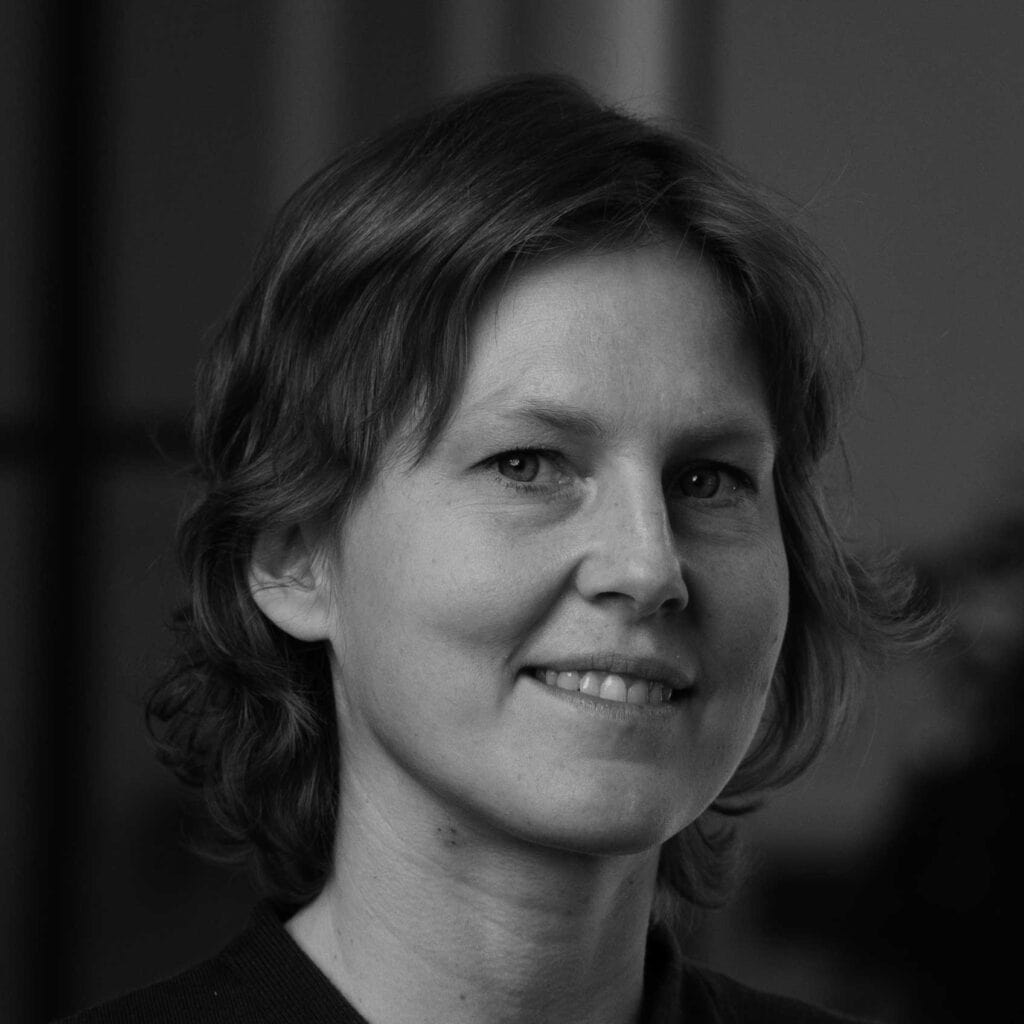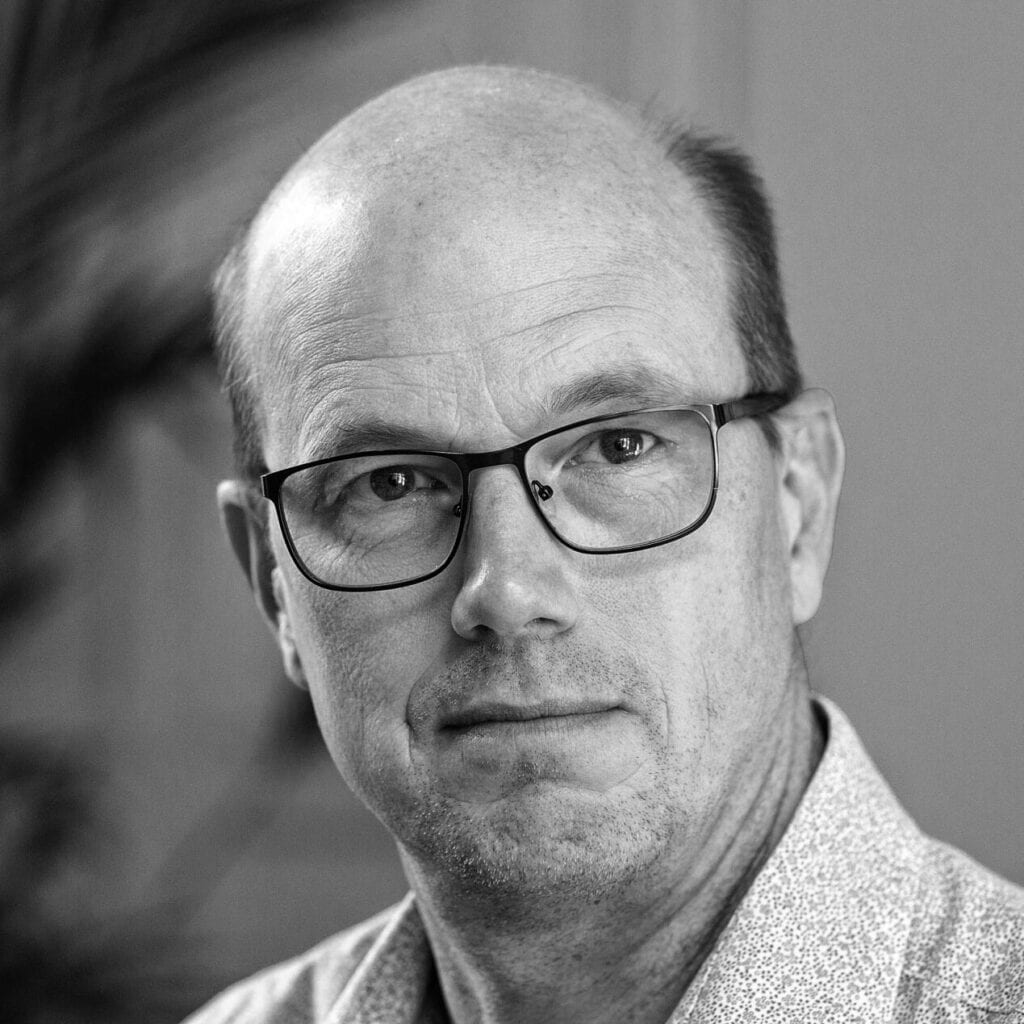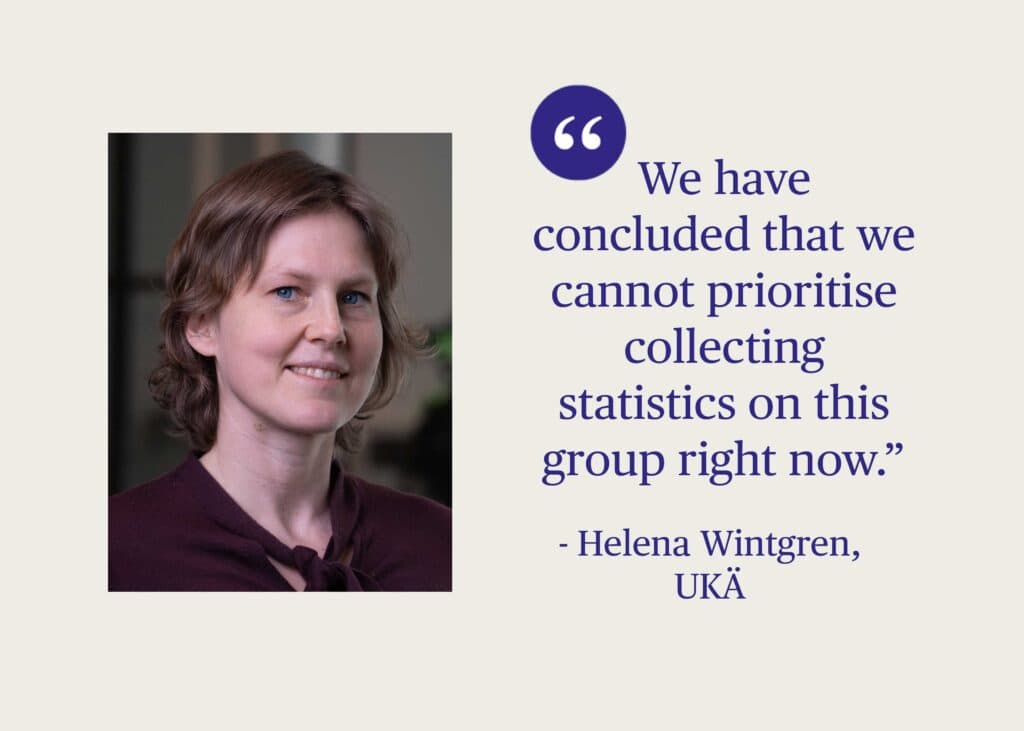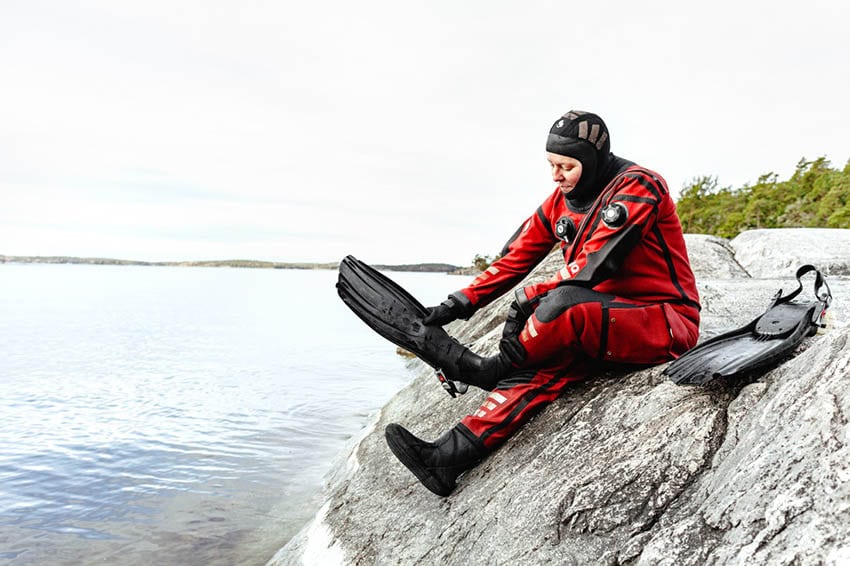Scholarships do not qualify recipients for pension contributions, sickness benefit, parental benefit or unemployment insurance. Nor do scholarship holders have access to the benefits that collective agreements provide, such as paid holiday leave and insurances.
In 2020, an investigation by Universitetsläraren showed that at least 20 per cent of postdocs at Swedish higher education institutions are in this situation, but this was not generally known because they are missing from the official statistics.
Nothing has been done
After this disclosure, both the Swedish Higher Education Authority, UKÄ, and the expert group for employer issues at the Association of Swedish Higher Education Institutions, SUHF, announced that they would analyse the problem. Now, almost three years later, SUHF’s expert group says that it has done nothing regarding the matter.
The current executive director wonders if there may have been a misunderstanding that an investigation would be carried out by the group. But Universitetsläraren has it in black and white in the form of an email from the chair of the Association at the time, Sigbritt Karlsson.

Helena Wintgren
Head of the statistics group, UKÄ
”Too extensive”
UKÄ is both the supervisory authority and the organisation responsible for maintaining official statistics about higher education. The head of the statistics group, Helena Wintgren, confirms what Universitetsläraren found in its investigation.
“It is clear that higher education institutions largely do not have the information at a central level, and quite extensive collection is required at departmental level to be able to follow up on these scholarship-funded postdocs.”
She says that UKÄ has looked at other ways to capture the existence of these postdocs, but they are not feasible.
“So we have concluded that we cannot prioritise collecting statistics on this group right now, given the amount of work required – by us, but perhaps even more so by the higher education institutions. We have been getting strong signals from politicians that we must show consideration for the institutions’ administrative burden.”
SULF: ”Scandalous”
SULF is highly critical of postdocs working at higher education institutions without being covered by collective agreements, and without even being employed. “It’s also scandalous that universities and colleges don’t know who is working there now that security issues are high on everyone’s agenda,” says head of negotiations Robert Andersson.

Robert Andersson
Head of negotiations, SULF
SULF wants to abolish scholarships as a form of funding for doctoral candidates and researchers altogether. The union wrote this in its consultation response to the government inquiry Ett trygghetssystem för alla – nytt regelverk för sjukpenninggrundande inkomst (“A security system for all – new regulations for sickness benefit-qualifying income”).
The commission of inquiry proposes that artists’ scholarship-funded work should qualify them for sickness benefits. If scholarships are not abolished for doctoral candidates and researchers, SULF wants them to at least have the same conditions as artists.
In the consultation response, SULF also urged the government to give UKÄ responsibility for keeping up-to-date statistics on how many researchers are funded by scholarships, in the same way as the authority tracks the percentage of fixed-term employment positions in higher education.
Help from funders
The postdocs’ own associations are not sure that they want to abolish scholarship-funded work. They have a professional interest in there being as many job opportunities as possible, says Aikeremu Ahemaiti, who is chair of the Uppsala University Postdoc Association, UUPA.
“But UUPA would love for scholarship holders to have better conditions. We are going to contact scholarship funders ourselves to see if they can provide any parental leave allowance, or at least a wellness allowance.”
He has a fixed-term position as a researcher in neuroscience. Before that, Ahemaiti worked with scholarship funding for six years, first as a doctoral candidate and then as a postdoc. During that time he had two children. It was only when he got his first job and had his first proper meeting with HR that he realised what benefits and rights he had been missing out on when he was funded by scholarships. Like Ahemaiti, most postdocs with scholarship funding are from abroad and do not know what to expect when they come to Sweden.
















